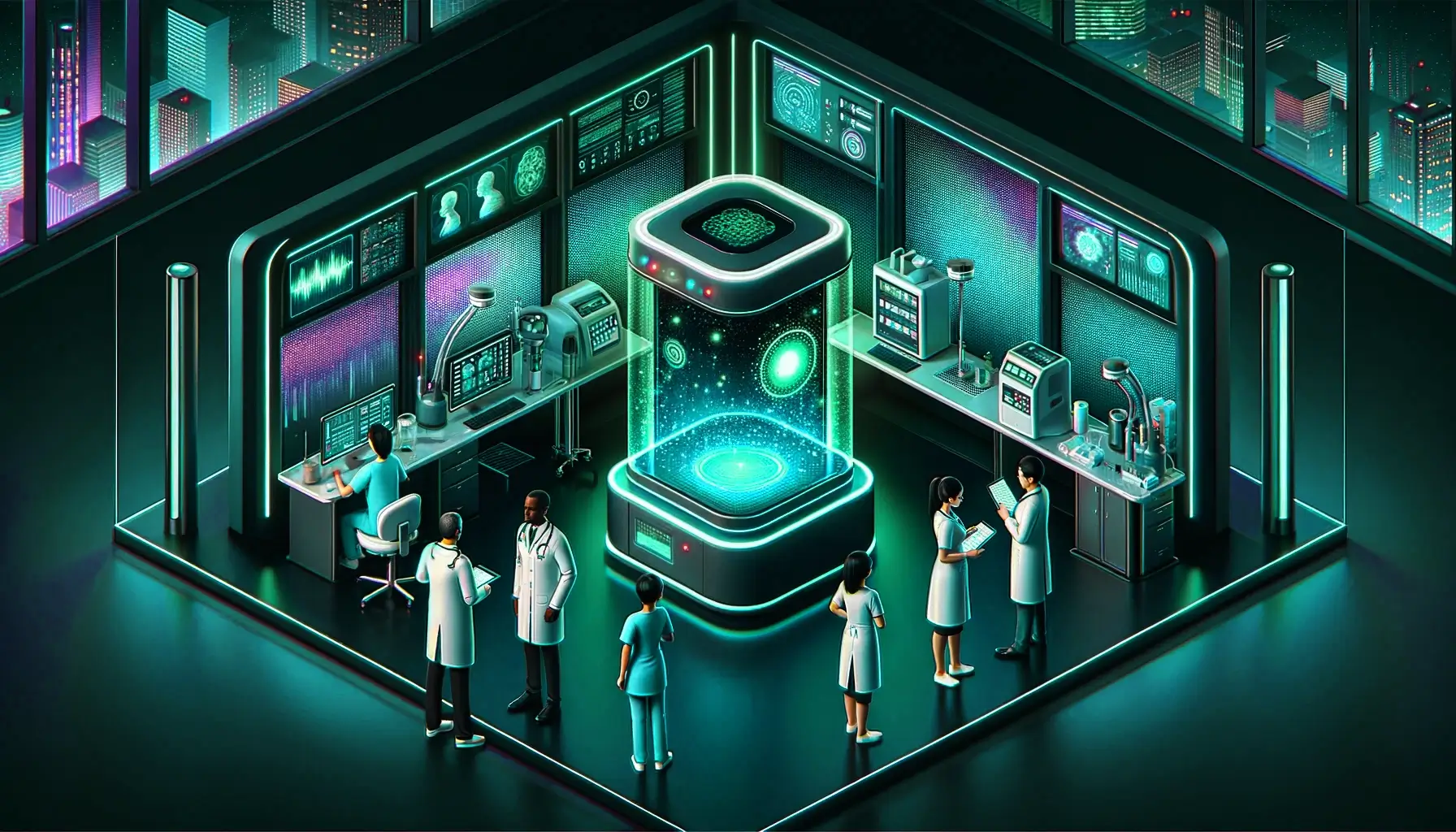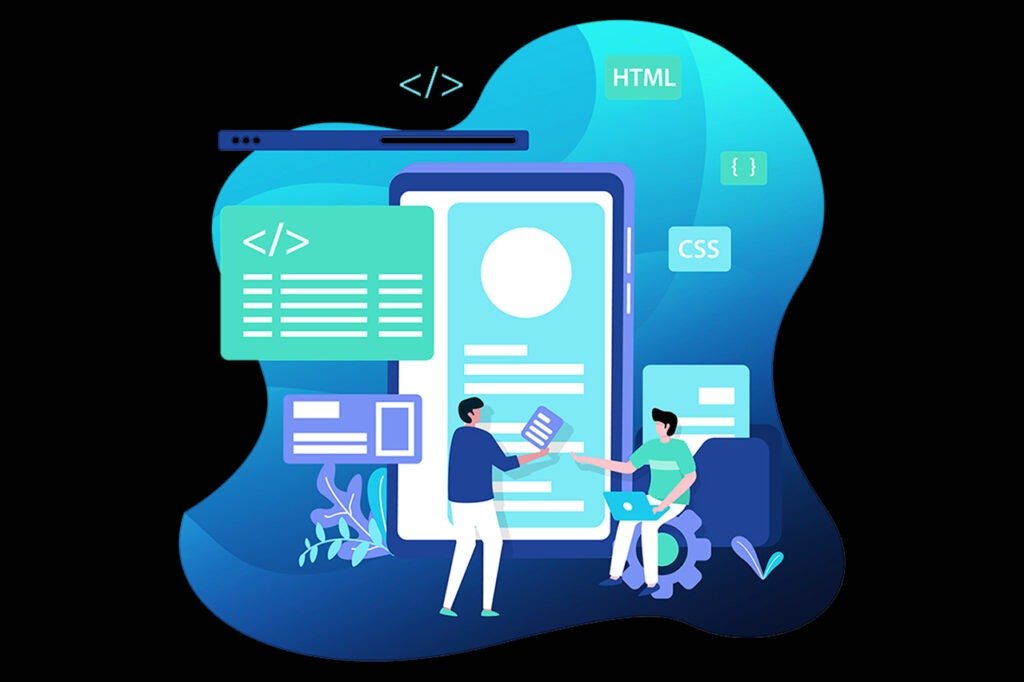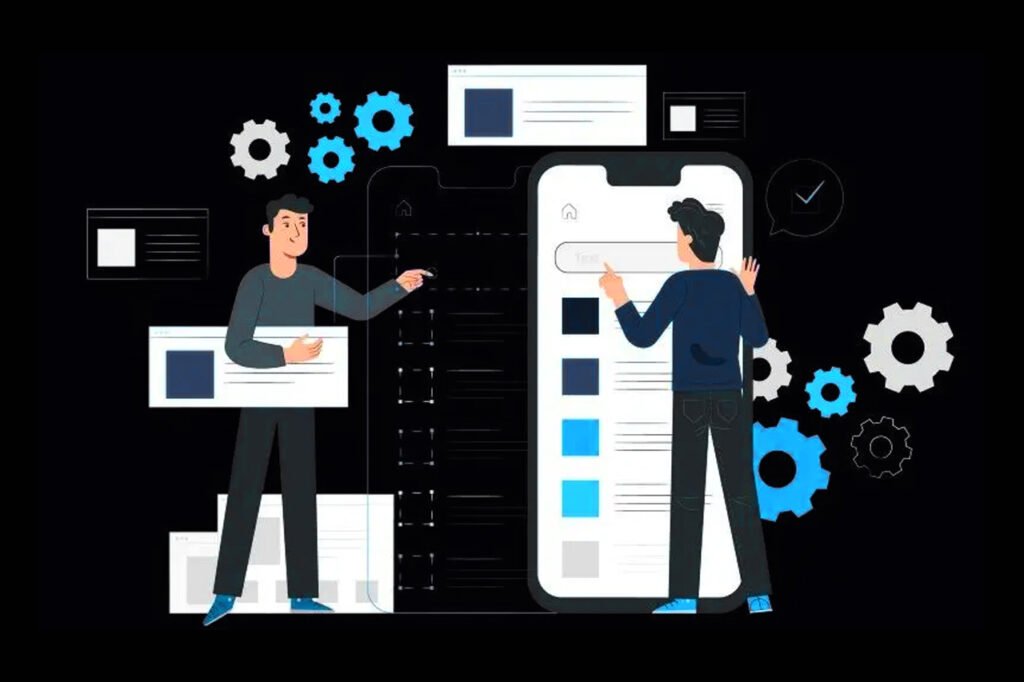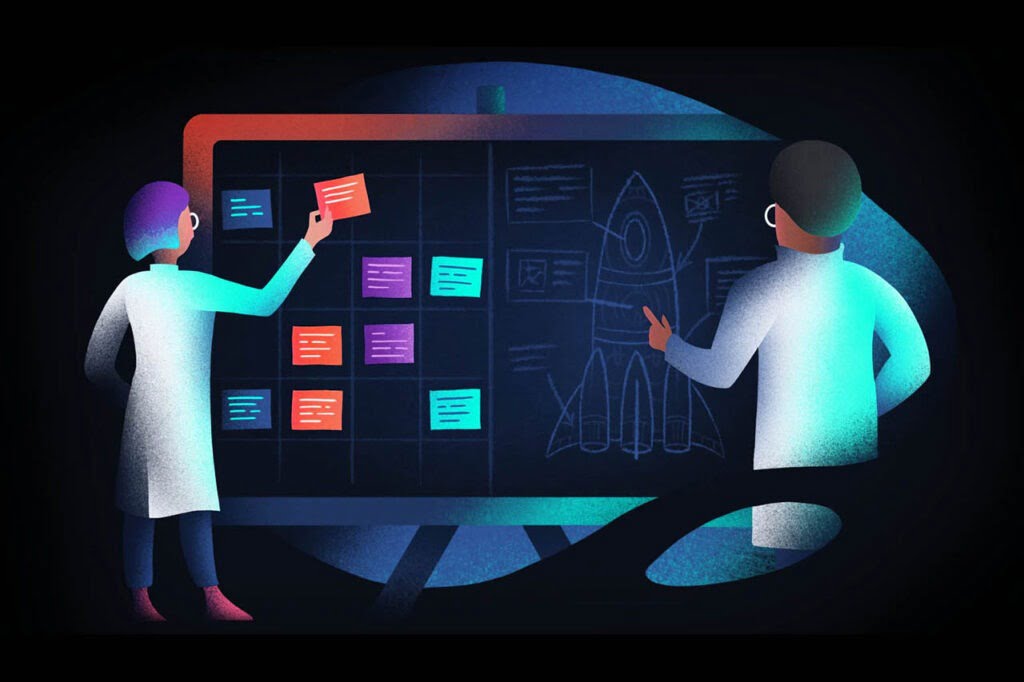BIAS in AI : Economic impact of AI in healthcare & Ethical Issues

Contents

Javeria Asim
Content Writer
BIAS in AI : An Unseen Issue and Ways to Address It
Artificial Intelligence (AI) has rapidly transformed industries, making remarkable strides in fields like healthcare, finance, and more. With the economic impact of AI in healthcare, in particular, revolutionizing patient care and diagnosis, AI’s influence is undeniable.
However, as AI becomes increasingly integrated into our lives, it brings to the forefront a crucial concern.
This issue is not limited to one sector; it extends to AI ethical issues, bias in ML, and inductive bias in machine learning.
In this blog, we will explore the different facets of bias in AI, its economic impact of Artificial Intelligence in healthcare, and ways to address this unseen issue.
Understanding Bias in AI
When we talk about BIAS in Artificial Intelligence, we refer to the partiality or favoritism shown by an AI system towards certain groups or outcomes. This bias can be unintentional, arising from the data used to train the AI, or it can be a result of explicit programming.
Take Your Business to the Next Level with AI
Seamless Collaboration | Cost-Efficient Solutions | Faster Time-to-Market

BIAS in Artificial Intelligence can manifest in various forms
In the context of healthcare, an AI diagnostic tool could perform exceptionally well for one demographic group while providing inaccurate results for another. This bias not only jeopardizes the accuracy of medical diagnoses but also poses ethical dilemmas.
Economic Impact of AI in Healthcare
The economic impact of AI in healthcare is significant.
AI applications are being used to:
- Streamline administrative tasks
- Enhance patient care
- Improve the accuracy of diagnoses.
From predictive analytics to robot-assisted surgeries, AI has the potential to revolutionize healthcare. However, if these AI systems are tainted by bias in machine learning and inductive bias, it can lead to grave consequences.
AI Ethical Issues
AI ethical issues are closely intertwined with bias in AI and machine learning. Ethical concerns arise when AI systems exhibit discriminatory behavior.
Discrimination can either be
- Explicit, where an AI system intentionally favors one group over another, OR
- It can be implicit, stemming from the data used to train the AI.

One Common Source of BIAS in Artificial Intelligence is Biased Training Data
AI systems learn from historical data, and if this data is tainted with human biases, the AI can perpetuate and amplify those biases.
For example, if historical medical records contain disparities in the diagnosis of different racial or gender groups, an AI trained on this data will perpetuate those disparities, contributing to healthcare inequality.
BIAS in Machine Learning and Inductive BIAS
Bias in ML can be challenging to spot because it often operates beneath the surface. Inductive bias in machine learning refers to the inherent biases that are programmed into algorithms.
Bias in machine learning and inductive bias are designed to help the AI make predictions, but they can lead to undesired consequences. Recognizing and mitigating these biases are crucial steps in addressing the broader issue of bias in Artificial Intelligence.
Addressing Bias in Artificial Intelligence
Diverse and Representative Data
To combat bias, it’s essential to use diverse and representative data for training AI models. Ensuring that the training data reflects the demographics and characteristics of the population is crucial to minimize bias.
Continuous Monitoring
AI systems should be continuously monitored for bias. Regular audits and reviews can help identify and rectify biased behavior.
Ethical Guidelines
The deployment and development of generative AI systems should adhere to strict ethical guidelines. These guidelines can help prevent discrimination and promote fairness in AI applications.
Transparent and Explainable
AI systems should be designed to be transparent and explainable. Users and stakeholders should be able to understand how decisions are made, which can help identify and rectify biased outcomes.
Diverse Development Teams
Ensuring that AI development teams are diverse and inclusive can help reduce bias. Different perspectives and experiences can lead to more balanced and fair AI systems.
Bias Mitigation Algorithms
Utilize bias mitigation algorithms that can help identify and correct biases within AI systems.

Final Thoughts
Bias in Artificial Intelligence is an unseen issue that pervades various industries, including healthcare. The economic impact of Artificial Intelligence in healthcare is immense, but it is crucial to address and mitigate bias to fully realize its potential. Artificial Intelligence ethical issues, bias in ML and inductive bias in machine learning are critical aspects of this overarching concern.
By recognizing and addressing bias in Artificial Intelligence through:
- Diverse data
- Continuous monitoring
- Ethical guidelines
- Transparency
- Diverse development teams, and
- Bias mitigation algorithms,
We can ensure that AI benefits all, without discrimination, and continues to shape a better future for healthcare and beyond.
Read More Blogs

10 Secrets About Successful Software Development Process
In this fast-paced world, the only fuel to stay ahead is technology. Businesses, and even individuals, are aiming to be successful in software development. Here are 10 secrets about a “successful” software development process, to help you achieve your objectives.

Why Custom Software Solutions is the key?
Everyone has their own requirements, and to fulfil those, we have Custom Software Development. Custom Software Development is becoming a crucial part of businesses. Read why custom software development is important, and how do businesses do it.

Ultimate Guide Of Mobile App Development Process
We’ve come a long way, from using computers to developing everything portable and handy. Mobile phones are the new convenience. This guide delves into a complete guide of mobile app development processes and some requirements for development.
